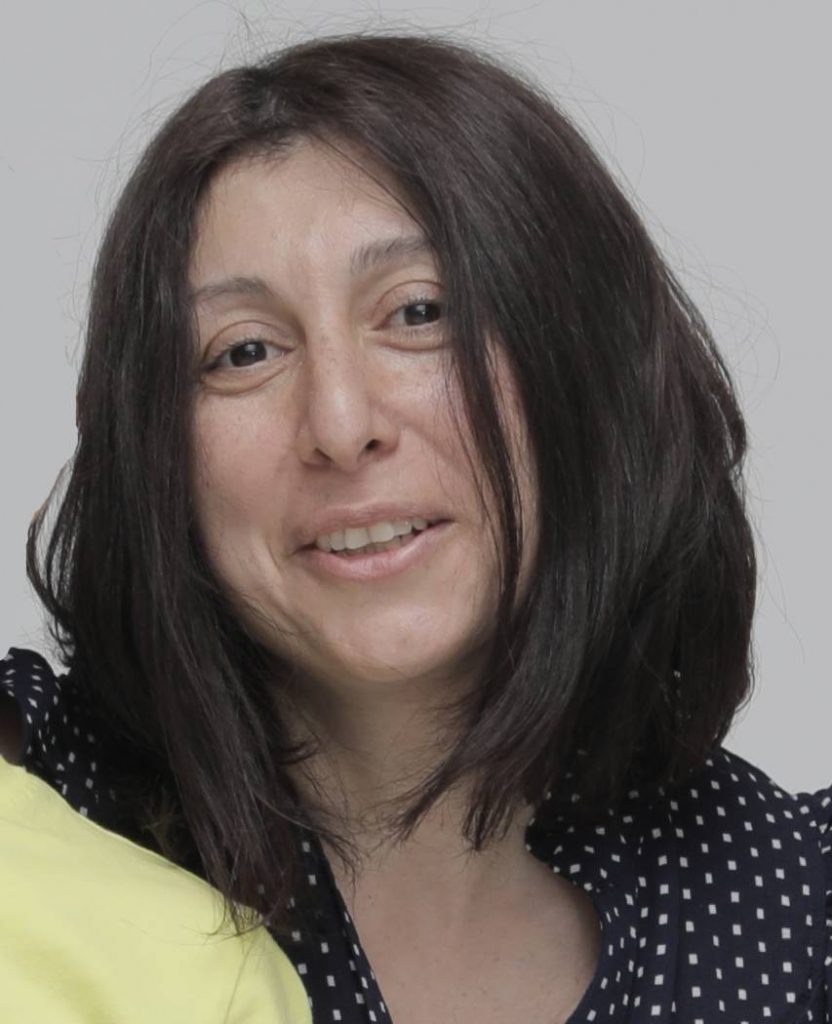Personal growth is always interconnected with a learning process. When a student learns something “new” – knowledge, a skill, or a habit – it boosts their brain capabilities. As we become more creative, we grow personally. “Secrets of Music” provides students with an opportunity to share their personal growth experiences, be inspired and make new friends, Join the family!
It is very important. At “Secrets of Music” there are two performances or concerts a year. The concerts will never be mandatory. Participation is always voluntary.
Performances are great for improving social skills. We all learn from each other. I recommend that you listen to some of the performances first. Once you are ready, emotionally, and psychologically, join us in the “process of sharing” in front of an audience. You may want to start out by sharing in a concert with one or two other people.
The best communication is via SKYPE as it provides the best sound. Zoom and Google Meet are also good. Please share any other good tools.
Being creative allows you to be original and express your unique personality. It is also one of the most-important skills behind complex problem-solving and critical thinking.
Music is universal. It is an opportunity for personal growth. There are many positive benefits. When learning music, we are always learning new things. We improve our cognitive skills, memory skills, our fine and gross motor skills. Music provides a great outlet for reducing stress.
I encourage each student to share in the blog their thoughts and feelings; to share with others what they are learning at “Secrets of music”. Music is a communication tool: it enables us to express feelings that we have no words for. It provides a way for us to feel things with our hearts that we cannot express with our minds.
- The lessons are always personalized. No student is the same and no lesson is the same. The individualized lessons build on the student’s strengths and personality and help to improve any weaker skills; skills such as sight reading, memorization, technical skills , the music dramaturgy etc.
- Online lessons save travel time and transportation costs.
- There are two pianos involved in online lessons: both the student and I, the teacher, Have a piano. This gives me an opportunity to be a “role model” for the student. They see and hear immediately as I play the correct notes, timing etc.
- Online lessons provide consistency. There will be fewer missed lessons because of things like not feeling well ( such as having a cold ) or having transportation issues. Online lessons are easier to reschedule when there is a need to.
We learn to express our own thoughts through music. It is not only learning letters, but being able to form words, sentences and even write a story.
Your child will have total understanding of how to do his/her homework after each lesson. Thus, you won’t need to help.
This method works very well for any age.
Yes, improvising and composing gives you a total understanding of music and boosts your creativity. Everyone can be creative, whether they realize it or not.
Everybody has an ear for music. Sometimes it just needs to be revealed.
My method works for anybody at any level of music knowledge and helps students to believe in themselves. It’s easier than you think.
One of the secrets is to teach students how to practice in the most efficient way. Students learn to focus on problem-solving and therefore getting good results faster. It’s a good investment of time and money.
Students never get bored in “Secrets of music “. They take lessons to get knowledge to achieve results. This gives them freedom to express themselves in music. The more they know the more fun they get from it. I don’t want you to waste time and money.
My music lessons can be compared to the foreign language classes. The students learn letters, which are notes. Letters combine in words to make phrases – you will learn how to recognize the music phrase and how to create your own. There is also music grammar including musical harmony and good performance habits. This includes proper posture, breathing techniques ( for vocalists ), hands positioning ( for pianists) etc.
Not everybody will become a new Mozart, Beethoven or Tchaikovsky. However, using this method everybody can write music to express themselves. Usually students begin composing music after they take 6-8 lessons.
I consider all these subjects as building blocks for the whole music educational process. The students get to learn some secrets of performance and theoretical knowledge at each lesson. The theory is taught in a way that is easy to understand and remember. The students are encouraged to use the theoretical knowledge right away for analysis of the music pieces that they play or for composing their own music. I teach improvising, which is not covered by the RCM curriculum. Improvising plays an extremely important role in understanding how music works, because it joins together theory and actual performance. Moreover, improvising boosts a student’s imagination and creativity. It gives freedom in using musical instruments. It’s just way more fun!

